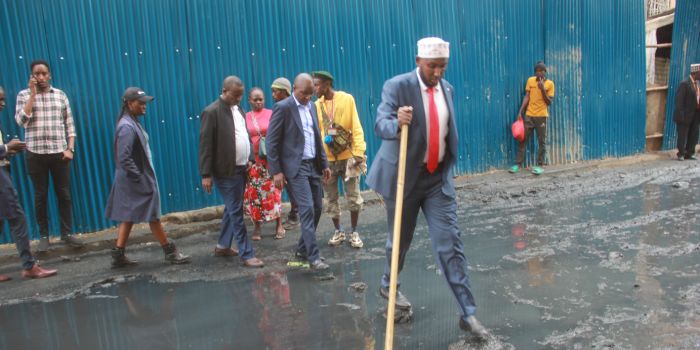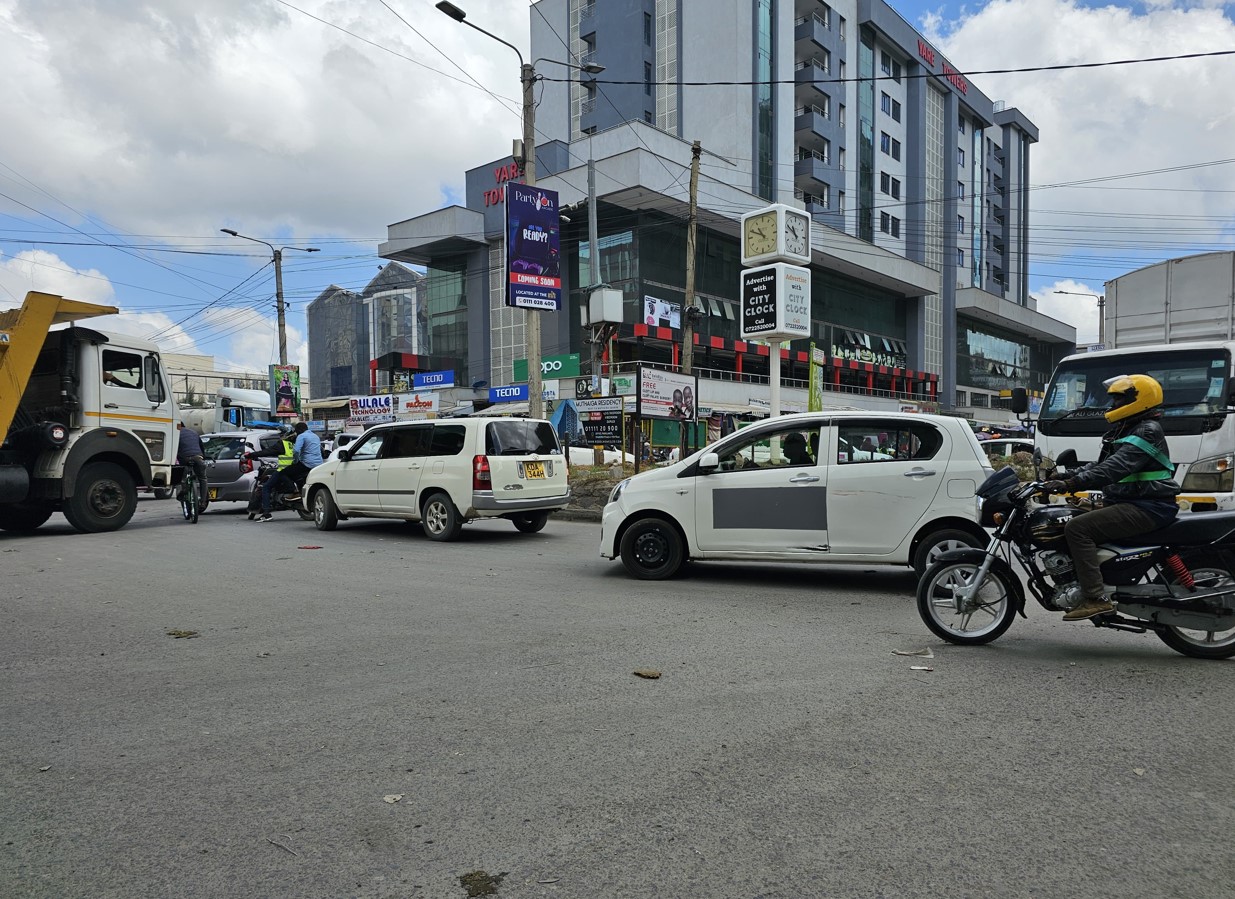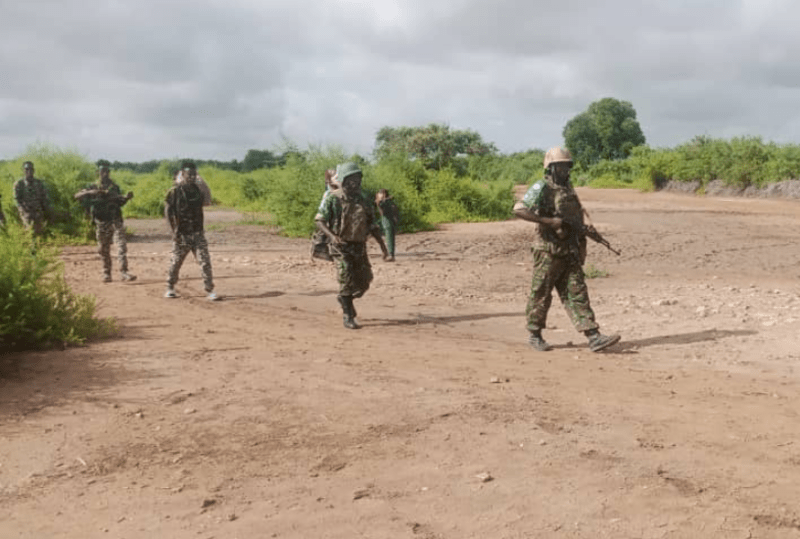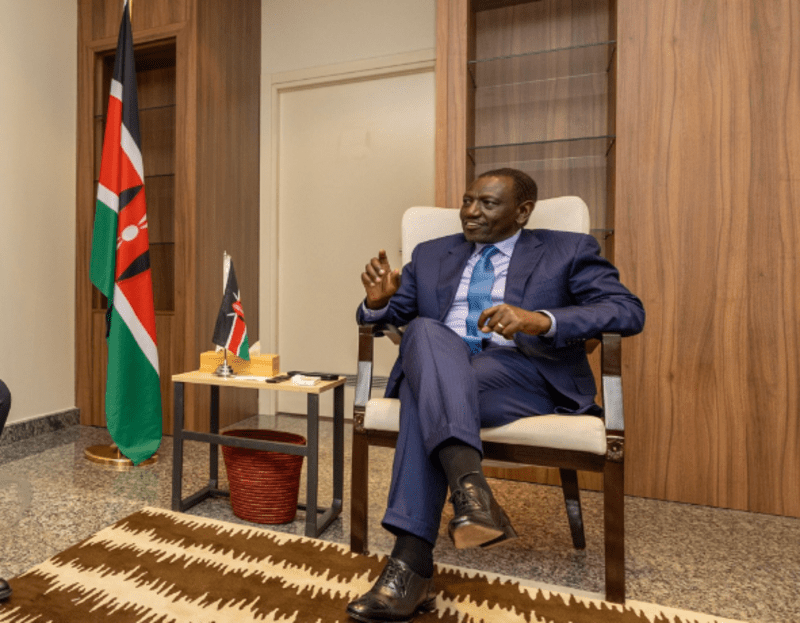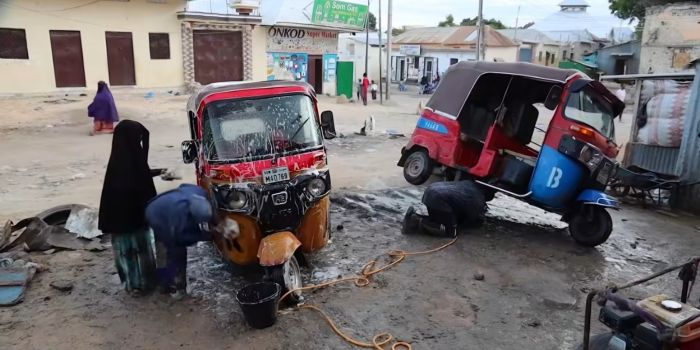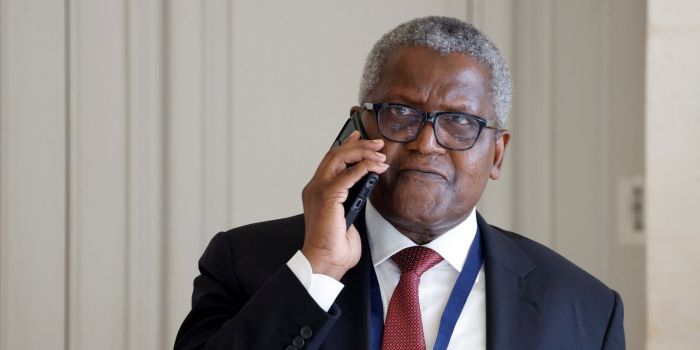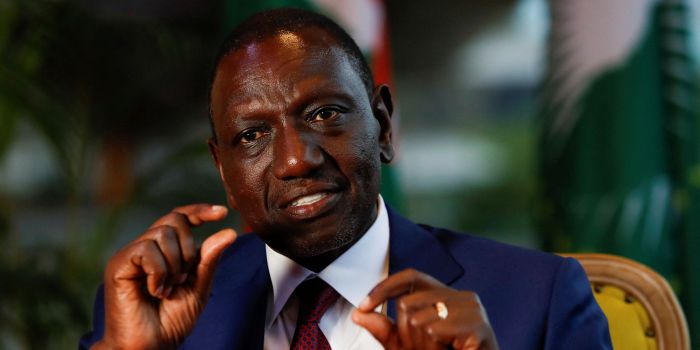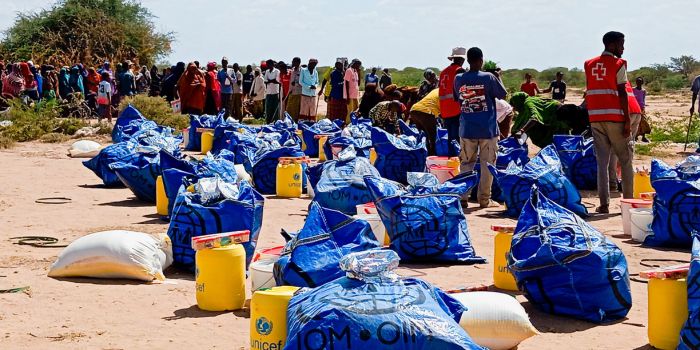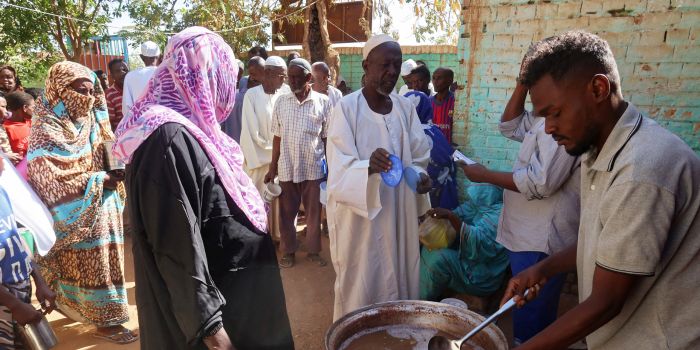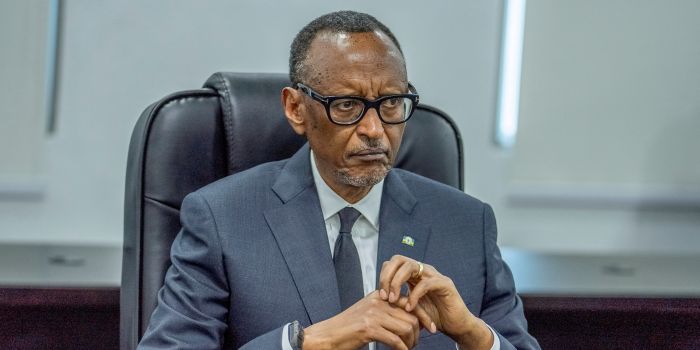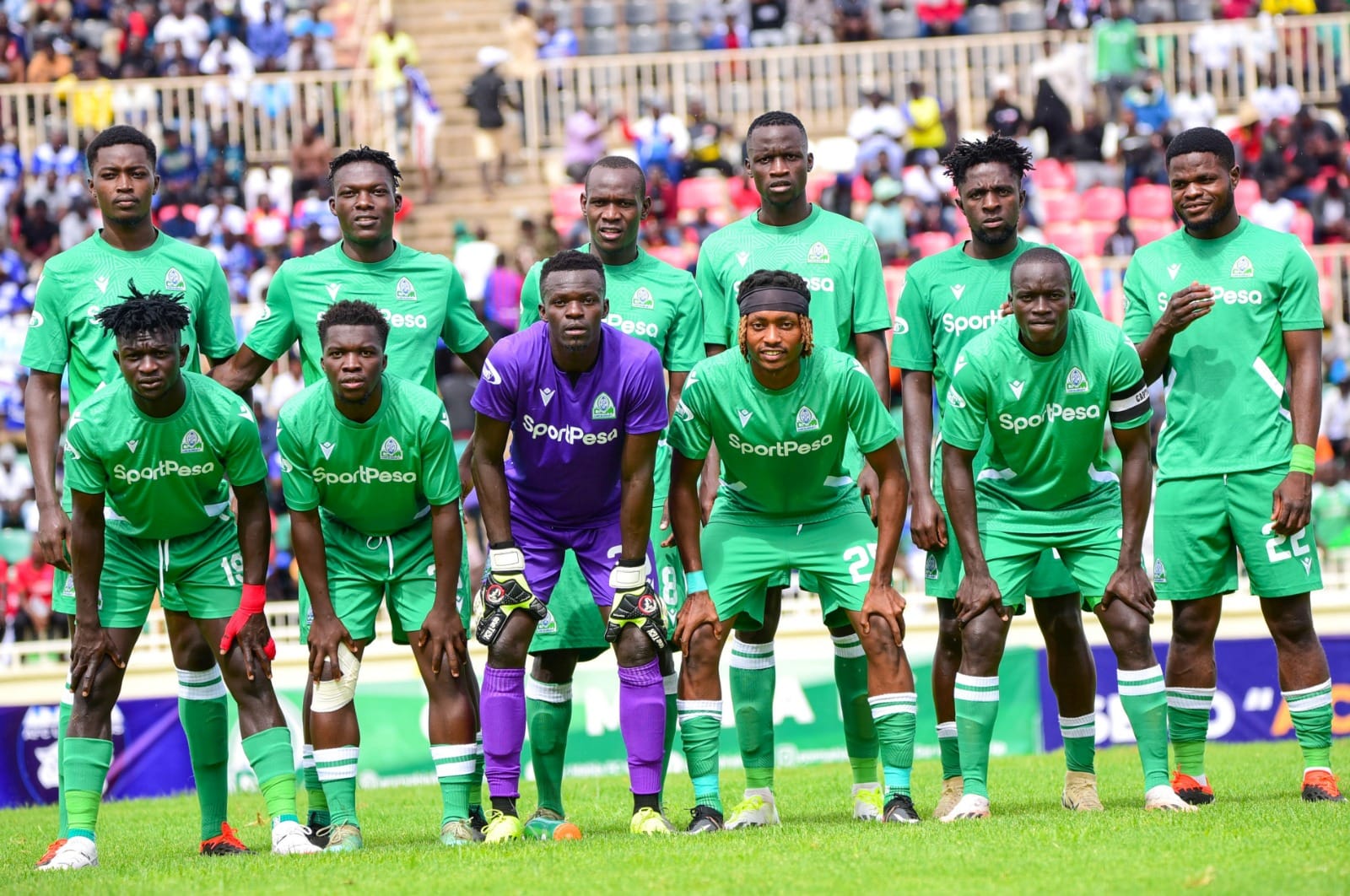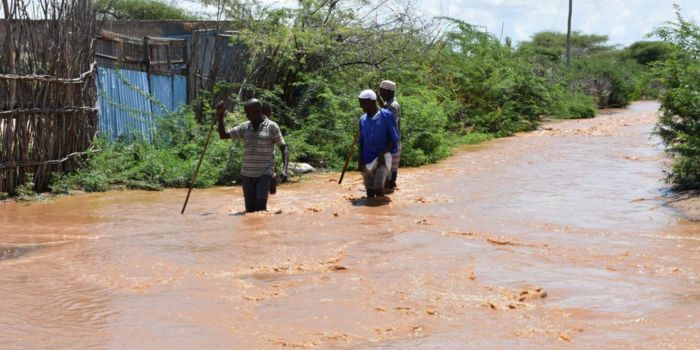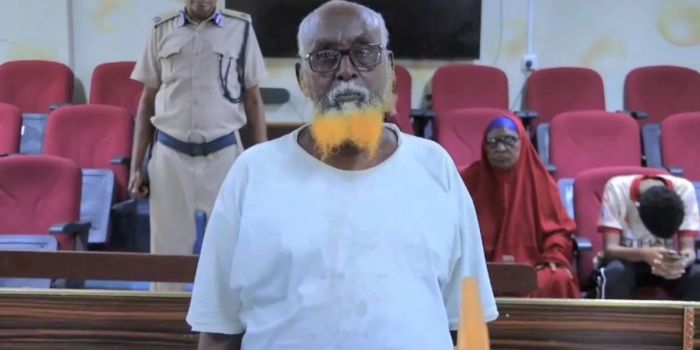Doctors' strike: Kenyans now seek healthcare in Tanzanian facilities at the border
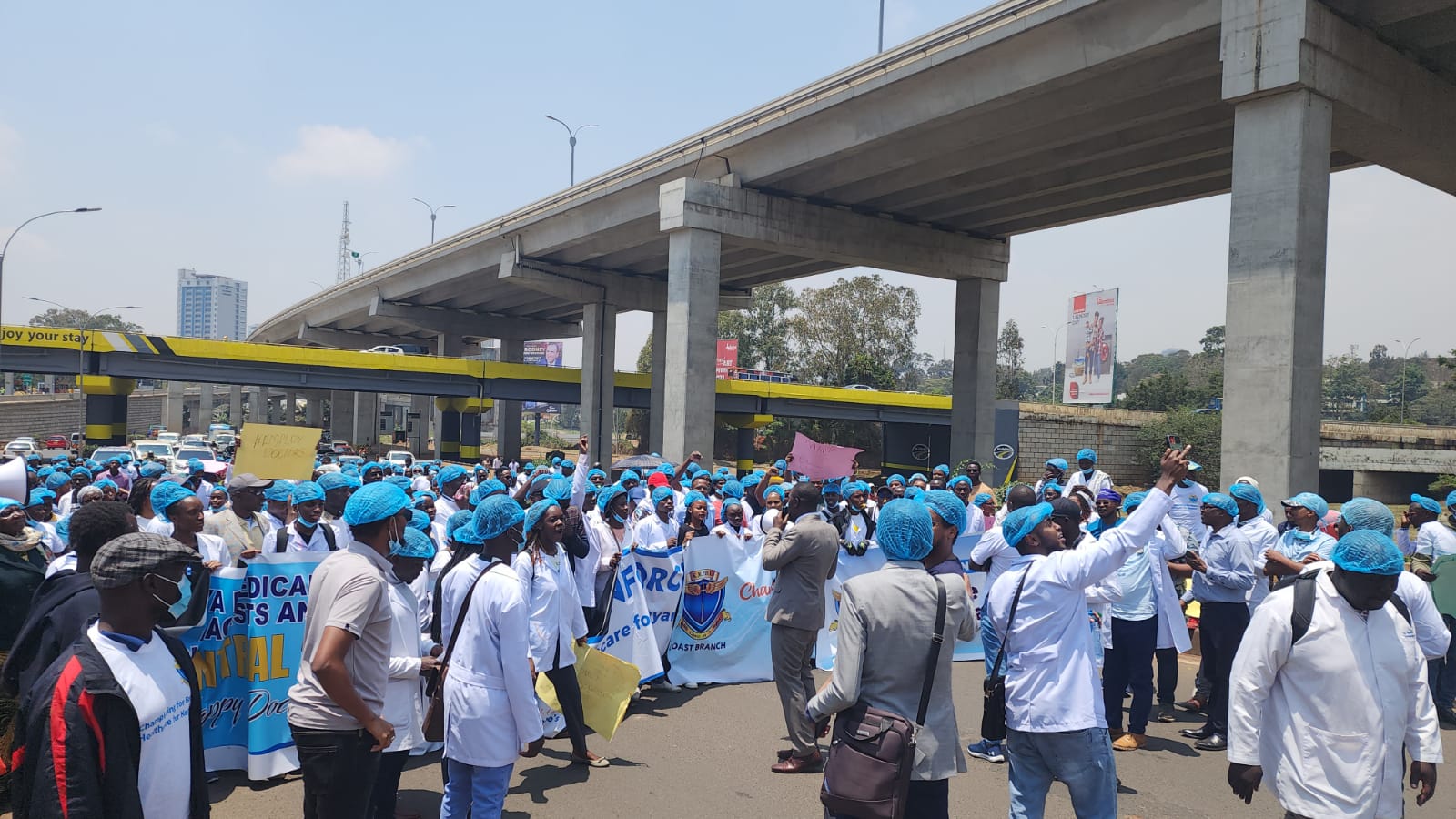
By Barack Oduor |
The patients are flocking to healthcare facilities in the Rombo district of the Kilimanjaro region and the Longido district of the Arusha region.
Kenyans in need of medical assistance have resorted to seeking healthcare services in neighbouring Tanzania, due to the ongoing healthcare crisis.
The country is currently facing paralysis in its health sector following a medics strike for the last three weeks. The industrial action, which began on March 15, 2024, was instigated by the Kenya Medical Practitioners, Pharmacists, and Dentists Union (KMPDU).
Keep reading
Reports by Tanzania's The Citizen indicate that there is an influx of Kenyan patients visiting healthcare facilities near the Kenya-Tanzania border. The patients are flocking to healthcare facilities in the Rombo district of the Kilimanjaro region and the Longido district of the Arusha region.
This development indicates a similar quagmire between the medics and the government in 2016/2017, where a 100-day strike, that was coupled with a 20-day strike by nurses and medical officers, saw helpless citizens flock to Tanzania for healthcare services.
Ngoyoni Hospital in Rombo district stands witness to the unfolding crisis, as Kenyan patients, grappling with the exorbitant costs of private healthcare back home, find solace across the border.
Jairy Khanga, Chief Medical Officer of Kilimanjaro Region, explains the need for cross-border cooperation in ensuring healthcare services do not collapse. He emphasises the necessity for neighbouring countries to contribute to the strain on Tanzania's resources, suggesting that costs may be levied on non-Tanzanians seeking treatment.
"However, investigations in Tanga's Horohoro region fail to corroborate similar patterns, hinting at potential disparities in healthcare access along the border. Conversely, in Longido district, reports from Orendeke Health Centre substantiate an increase in Kenyan patients, reflecting the border's porous nature," the report indicates.
The natural symbiosis between border communities prompts Longido's District Commissioner, Marko Ng'umbi, to acknowledge the inherent interdependence. Yet, as authorities in the Mara region remain vigilant in monitoring patient movements, the onus lies in ensuring seamless healthcare delivery despite the crisis.
KMPDU, which represents more than 7,000 members, went on strike on March 15 to demand payment of their salary arrears and the immediate hiring of trainee doctors, among other grievances.
The government asked the doctors to end their strike in a statement issued late on Tuesday, saying the salary arrears have been paid and that trainee doctors would be hired from Thursday this week at a cost of Sh2.4 billion ($18.39 million).
"We decline these proposals in total," Abidan Mwachi, KMPDU's chairman, wrote on social media platform X, adding that the government had not paid salary arrears.
The walkout, which has been compounded by a strike by clinical officers that started this week, has left patients struggling to access care from expensive private hospitals, leading to worsening chronic illnesses and even deaths.




